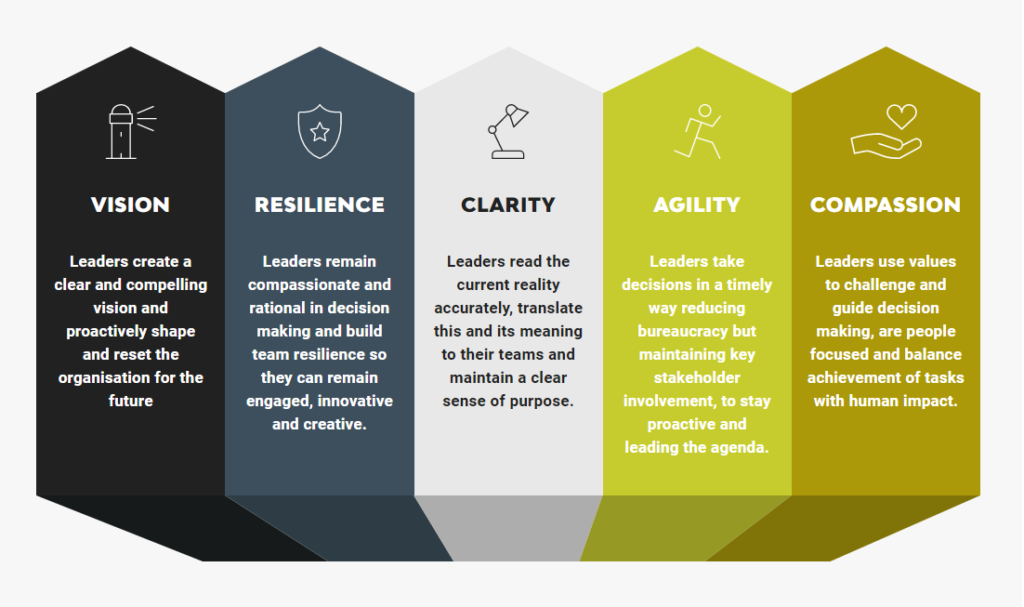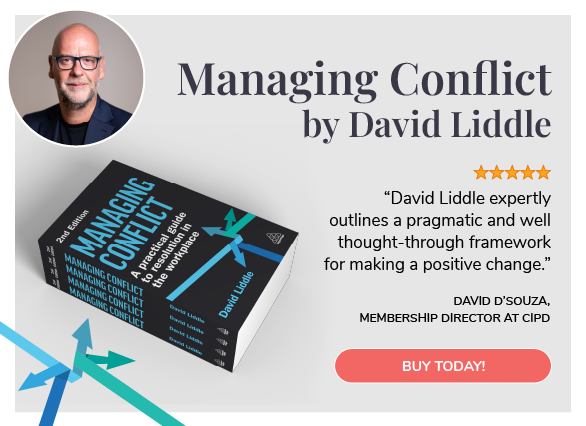
Share article:
Tags:
Regrouping your teams
Regrouping as a team and reconnecting as individuals is inspiring and exciting but comes with a degree of trepidation and anxiety for many people as well.
The next phase will require managers to regroup their teams with compassion. Recognising the diverse experiences of people over the past year and providing reassurance will be essential to support people to become fully engaged and focussed once more in their roles in the workplace.
They will need to provide the vision for where the team is heading and a compelling picture of what they can achieve together. Leaders’ capability to define with clarity the purpose and intention, values and culture will reset the climate in the team for high engagement.
Resilience has been the management word of the year but it’s still the core requirement for leaders to continue to demonstrate strength and confidence, and being tough-minded, strong and compassionate under pressure.
Finally, agility. Everyone across every sector demonstrated a natural adaptability last year at the start of lockdown. It’s not what we expect when we learn about change, that people have a natural agility to change direction in unexpected circumstances. Now leaders will need to maintain an effective radar to sense change and respond to it with agility. Managers can also use this agility to take the opportunity to reshape and configure for the next post lockdown era.
Adapting after rapid, unexpected change
At no time in our working lives on a national and international basis have so many people had the shared experience of rapid, unexpected change. For many, the past year has been a chance to spend quality time and strengthen close family bonds, while for others it has involved trauma, isolation, fear and loss. Everyone to an extent probably feels they have missed out on the usual opportunities to share experiences and build memories.
For many people, the return will be a relief, the opportunity to fully engage again in the purpose of their roles and the clarity of a degree of separation between work and professional lives, at least for a few days a week, could be extremely refreshing. There are few key points that we think leaders can bear in mind as they regroup their teams.
“The turning point to a new normal may be more poignant than we expect and may well spark the kinds of unexpected emotions, usually contained well away from our working environments. The vaccine roll-out centres saw some emotional outpourings as people responded with a mix of relief, gratitude, and sad reflection on what had been lost.”
For many, positive feelings might also be mingled with anxiety and strangely a sense of loss for an era they had become accustomed to.
Being in the working environment, settling in with colleagues many of us have never even met for real before is all to come. Relationships and different working styles are often at the root of conflict and everyone will need to be reminded to work with empathy and support for colleagues in order that they can begin functioning positively as a team together.
For many, the idea of finally being able to work unhindered by remoteness and technology will create an expectation of pressure to perform to high levels, delivering results, and smashing targets. This could be anxiety-inducing for many. While target based language is driver for some, it can lead to disengagement of others whose best performance is driven by other forms of motivation.
So, for managers needing to return to the office and adapt to all of these changes, where is their road map, their step-by-step plan?
“Knowing isn’t the same as doing and being, which comes from confidence. The one thing HR can do now is to provide some training to develop that confidence in managers. They are employees too and on top of all of these points mentioned here, they are likely to have the added pressure of knowing that their leadership will be the make or break for their teams over the coming months.”
TCM have a series of management training to help them:
Please contact us if you’d like to discuss our Leadership offering with a member of the Senior Leadership Team.









